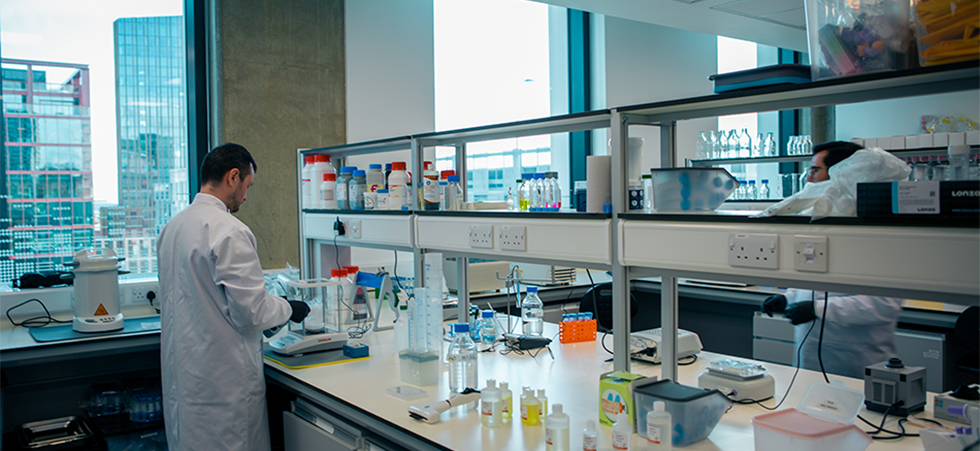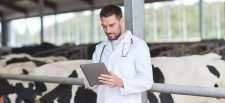A team of scientists at 3D Bio-Tissues (3DBT), a Newcastle-based tissue engineering company have produced the first-ever steak fillet of cultivated meat.
The fillet is made from solely pork cells, was made to be the same size and shape as a traditional piece of pork and is reported to have also replicated the flavour and texture of a pork steak too.
The fillet was produced using 3DBT’s patented, serum-free and animal-free cell booster, City-mix, a patented media supplement which eliminates the requirement of conventional plant-based scaffolds, blends or fillers, as have been universally adopted by the industry to date to ensure structural integrity of cultivated meat products. 3DBT’s fillet is therefore 100% meat, leading 3DBT to believe that this is the world’s first 100% cultivated pork steak to be produced and tasted.
Che Connon, chief executive of 3DBT, said: “This is a significant scientific breakthrough which has very positive implications not just for BSF and 3DBT but also for the UK and the cultivated meat industry as a whole. We are absolutely delighted with the appearance, taste, aroma, and texture of our cultivated pork, which is the first time we have fully sampled our product. Our cruelty-free fillet has exceeded our expectations in all respects, and we are extremely excited about the technological progress we are making and the impact this could have on our industry.
“City-mix, our serum-free media supplement in which we cultivated the fillet, is helping to greatly reduce the cost of cultivated meat such that it may become economically viable in the near future. At the same time, our ‘structure without scaffold’ technology is helping to make cultivated meat that more closely resembles traditional meat in every respect without the need for plant-based additives. We look forward to taking the findings through to the next stage of development, focused on producing a chef-ready product for public consumption.”
The company is also looking to work with manufacturers and supermarkets to sell cultivated meat and separately with fashion companies to produce cultivated leather using the same tissue-templating process but with skin cells. The company believes this has the potential to significantly reduce livestock farming, cutting the greenhouse gases, water and energy used in meat production.









